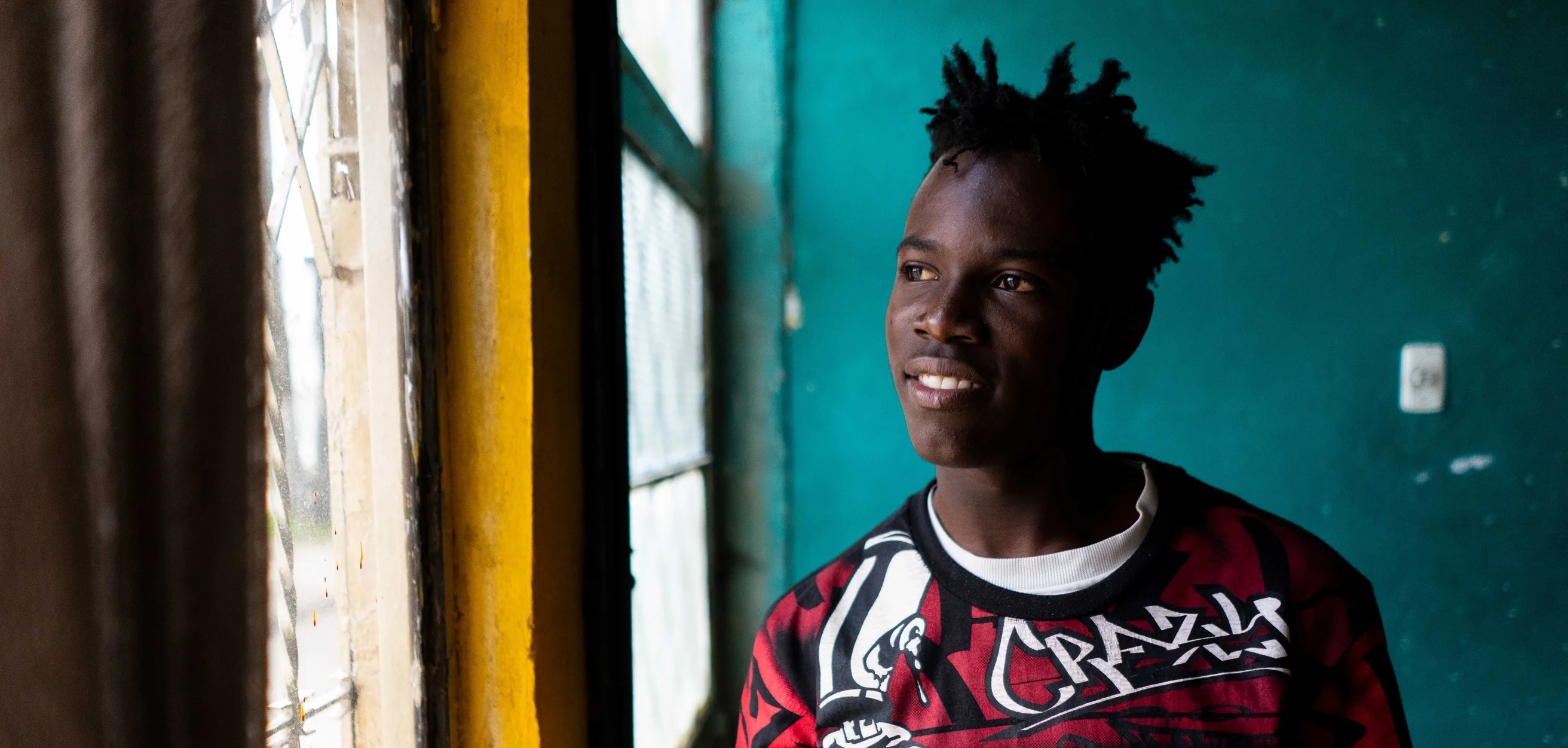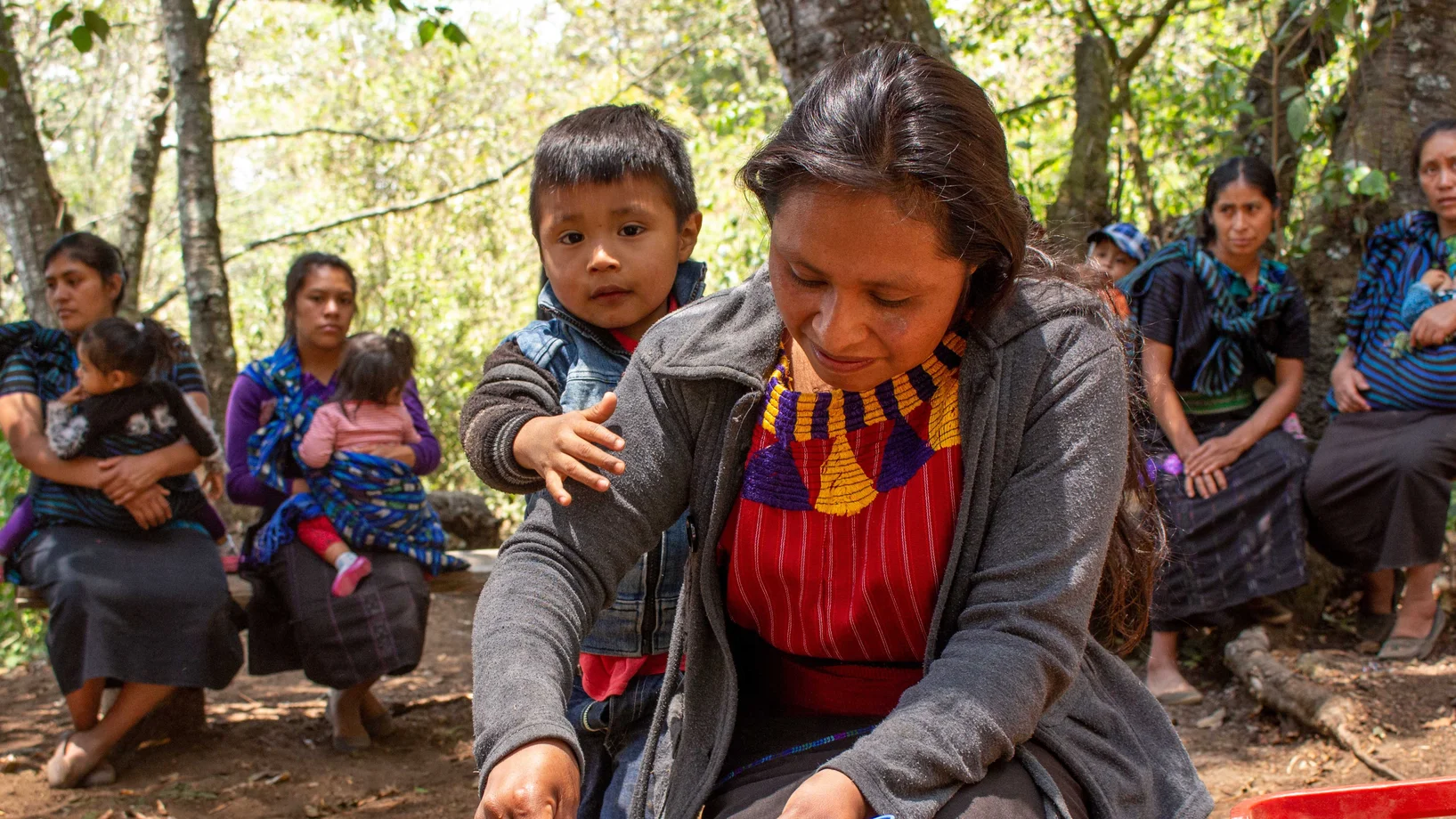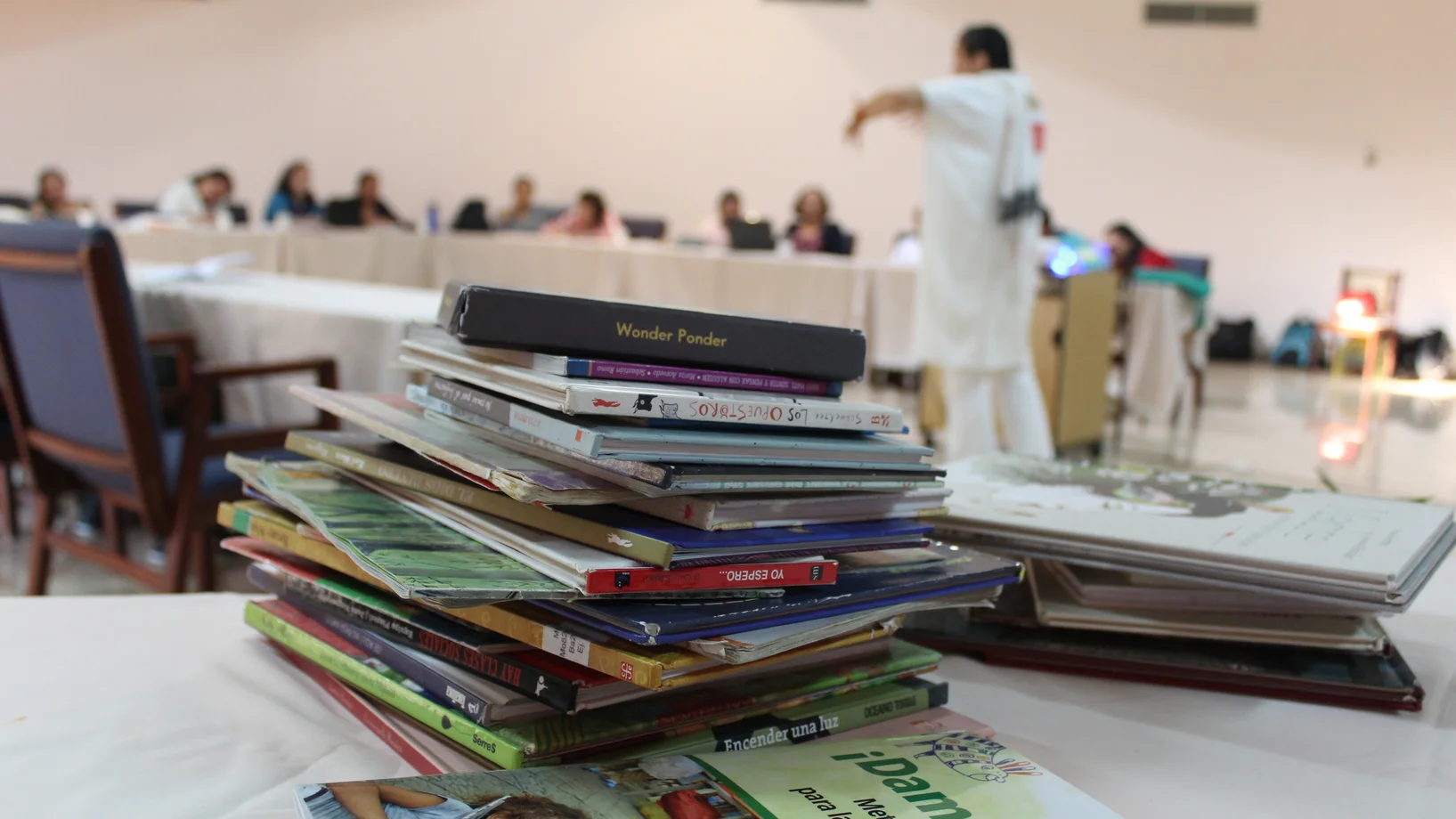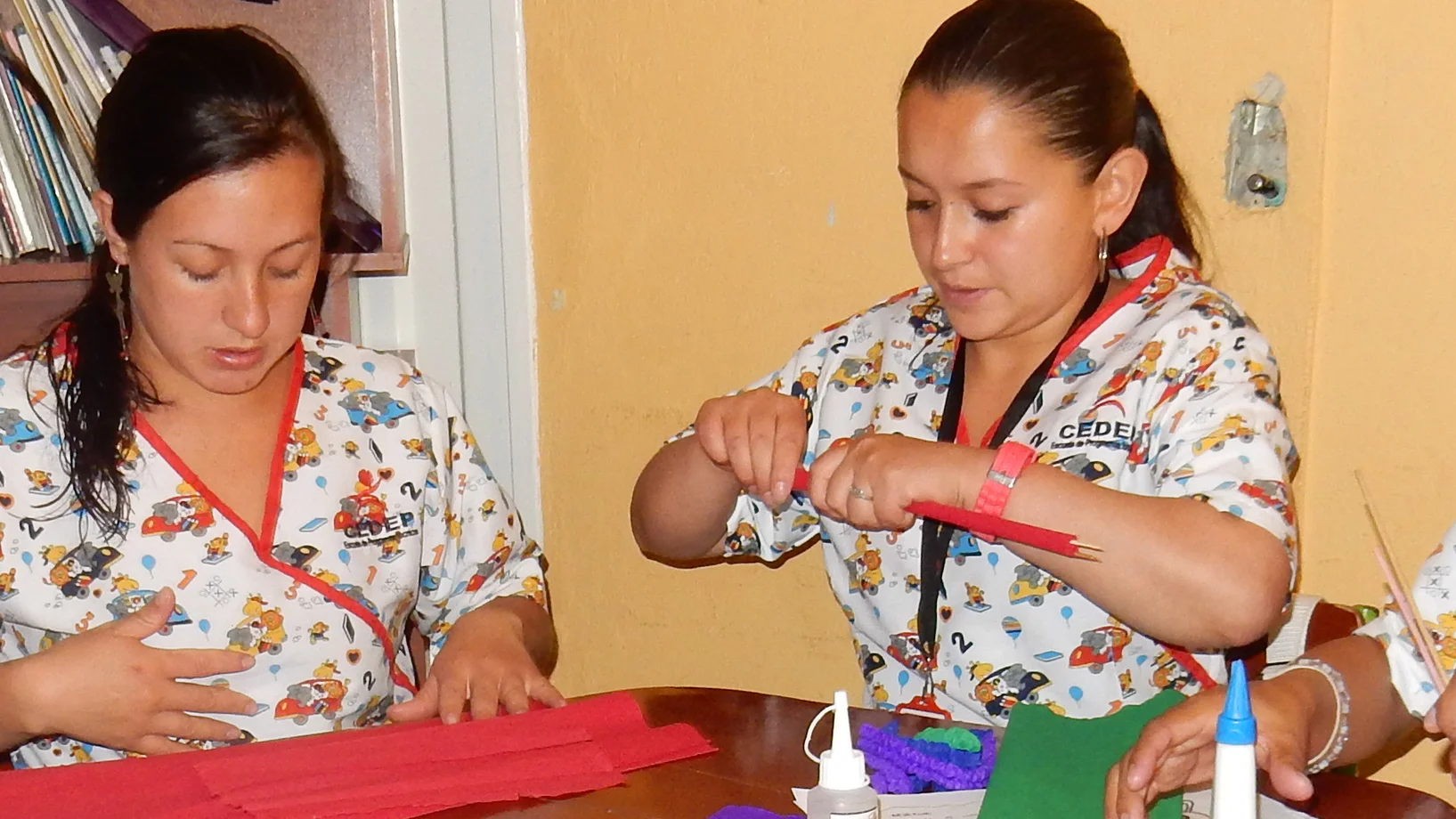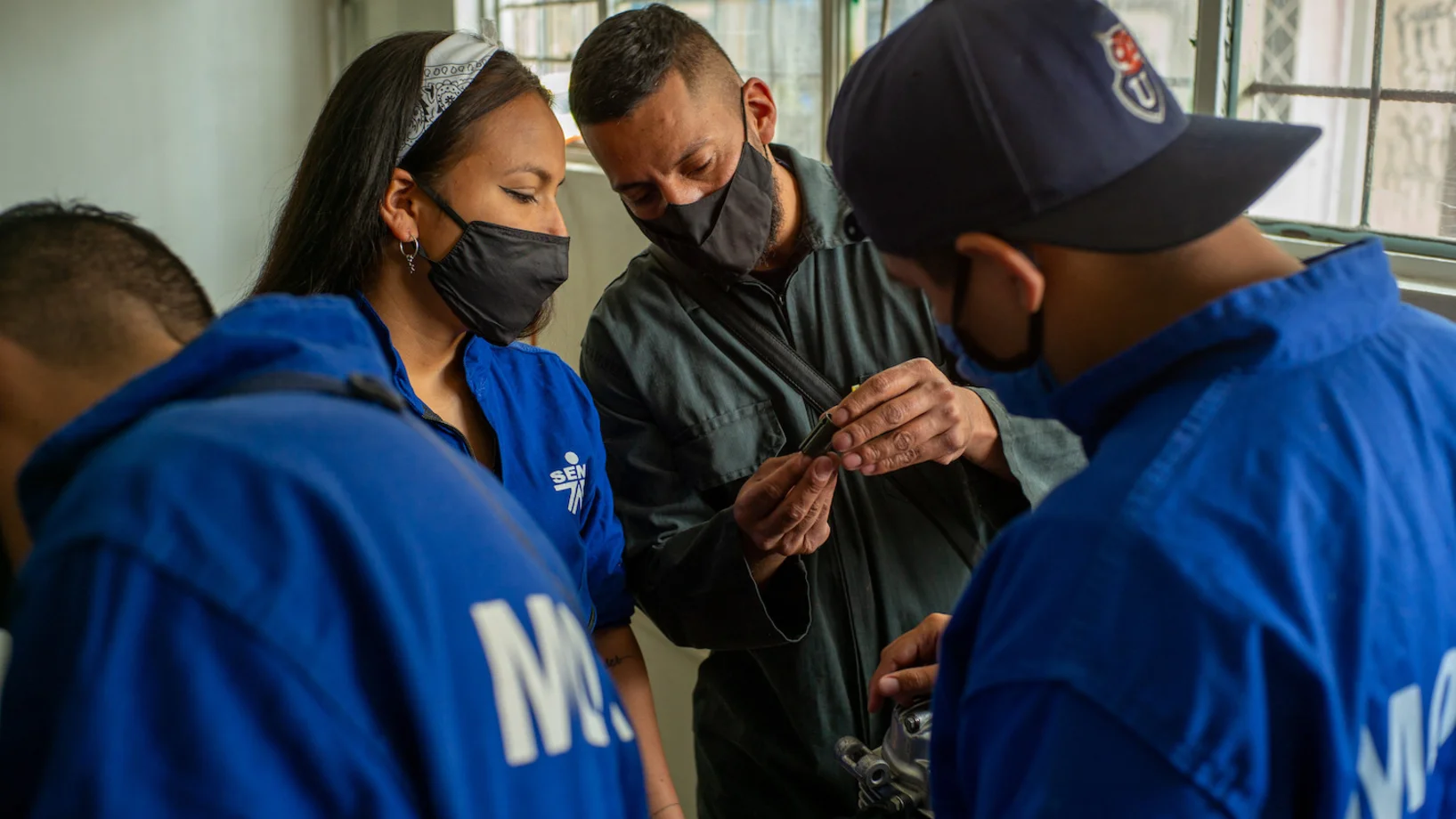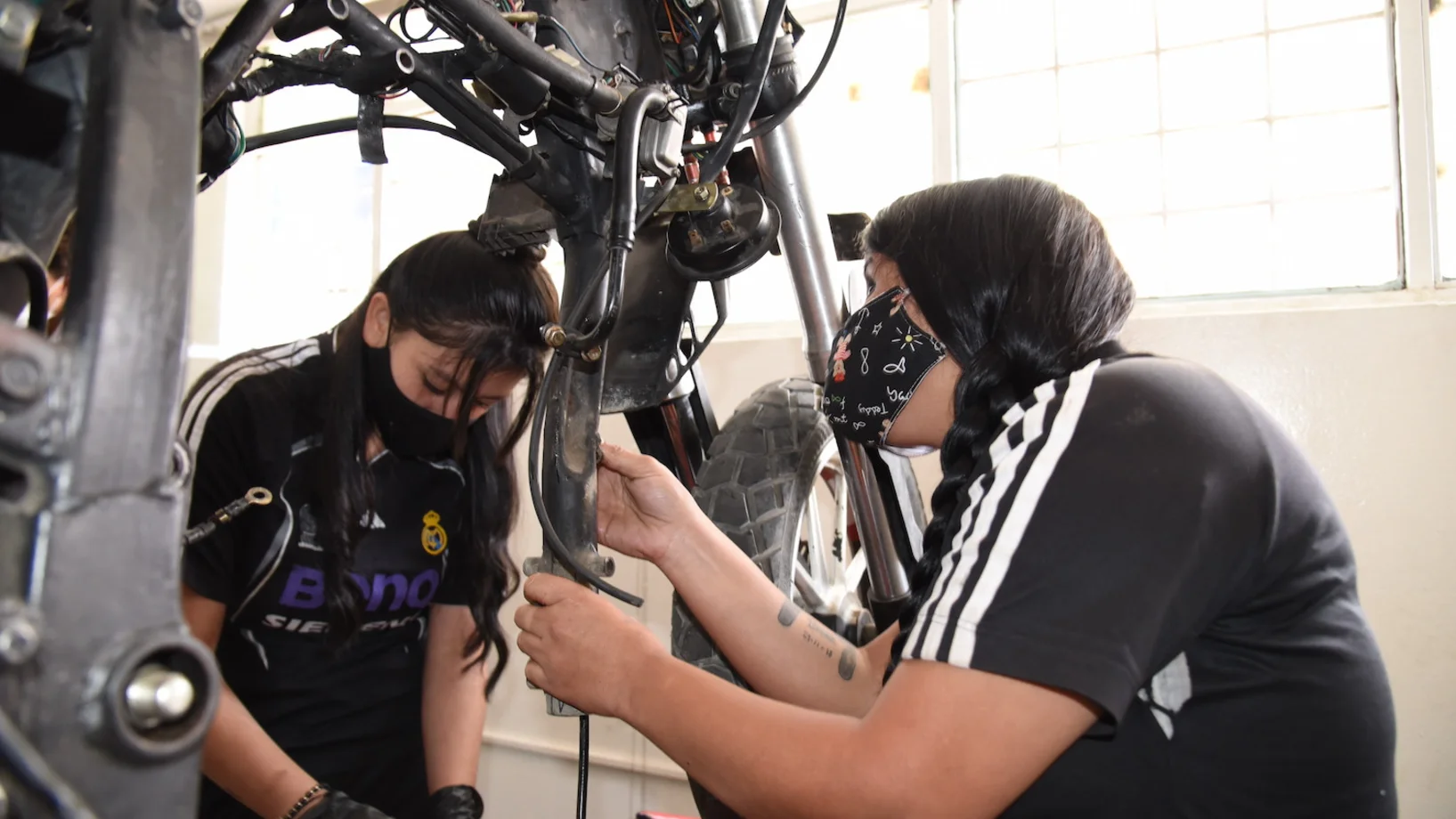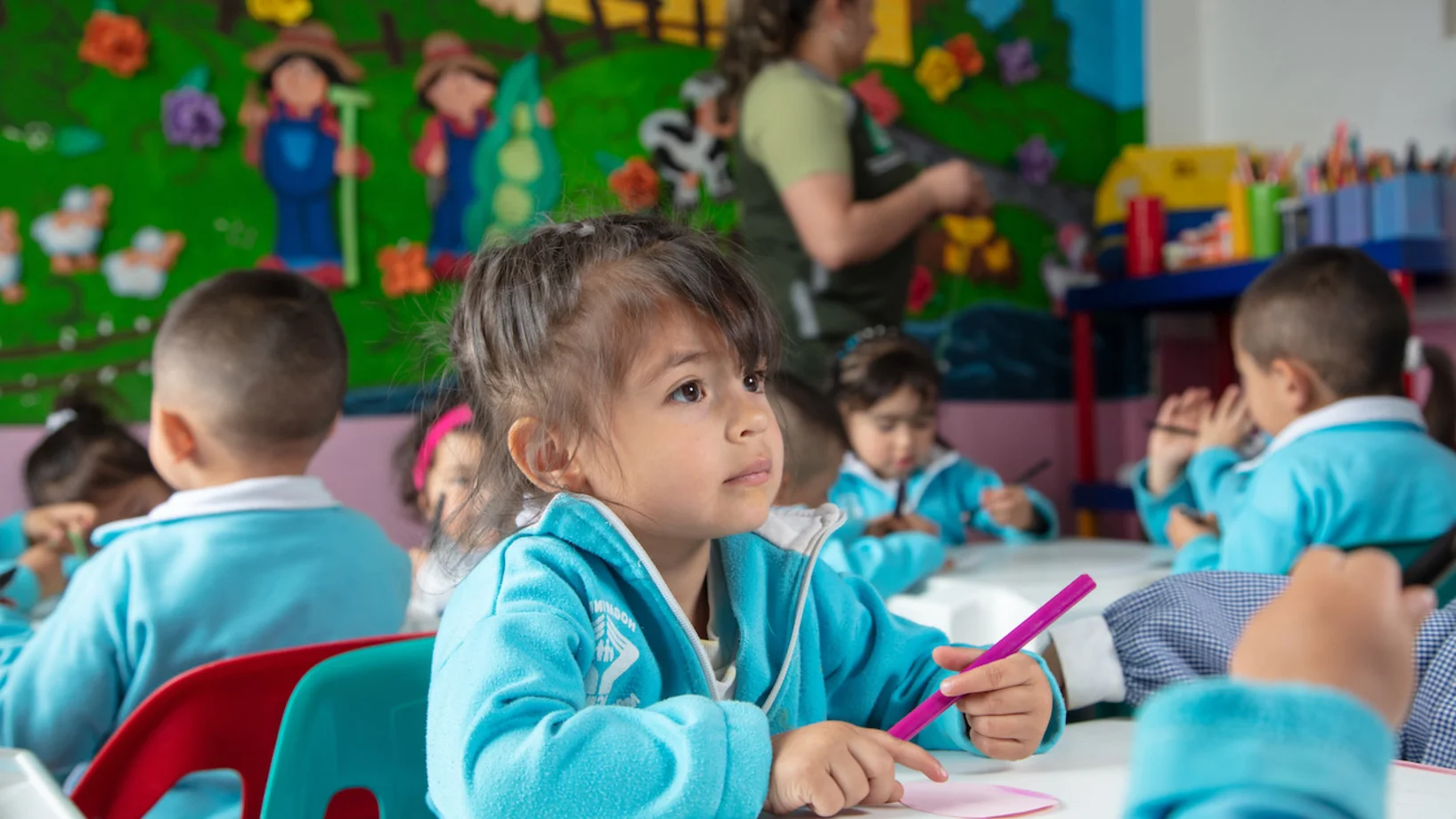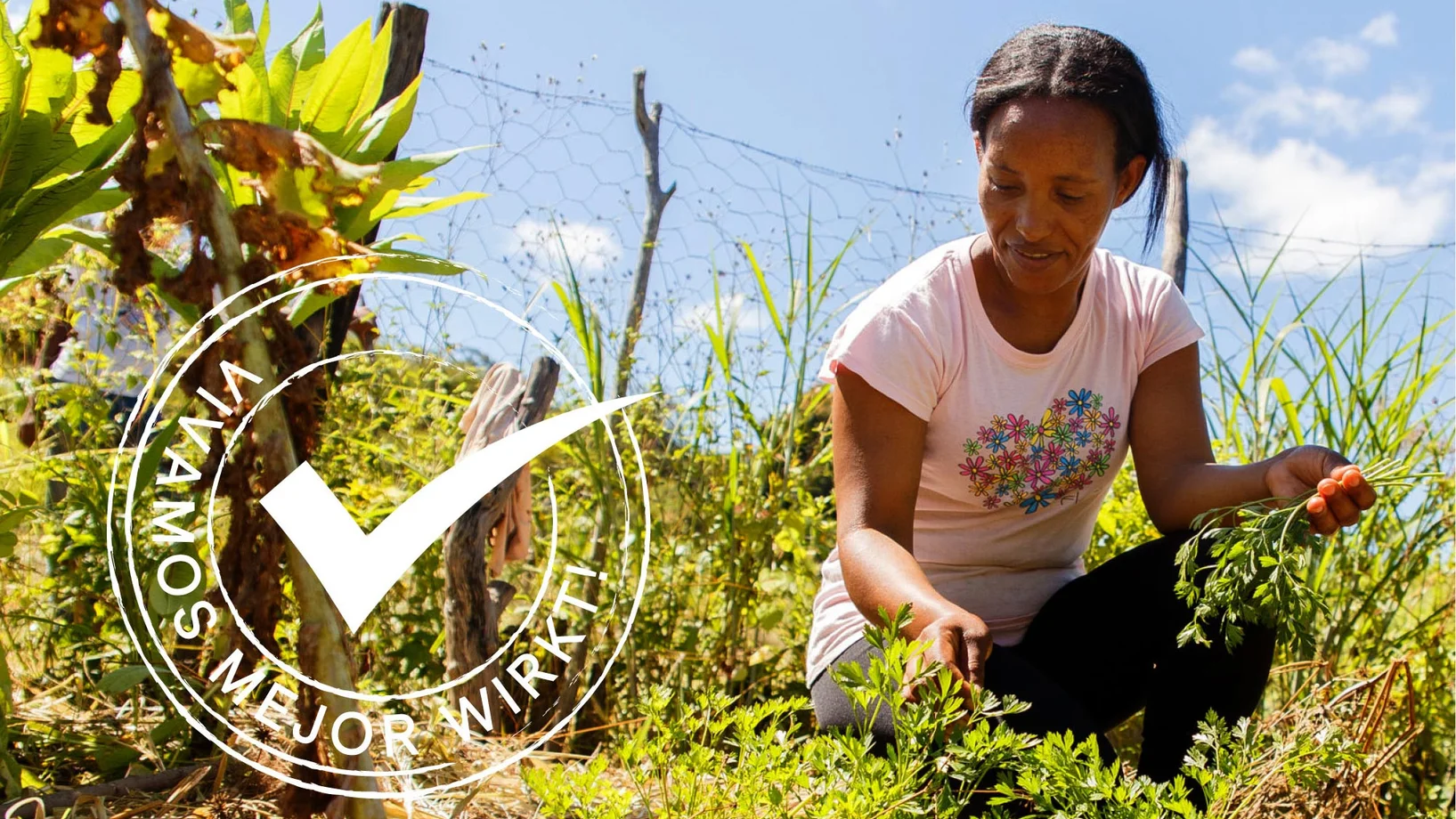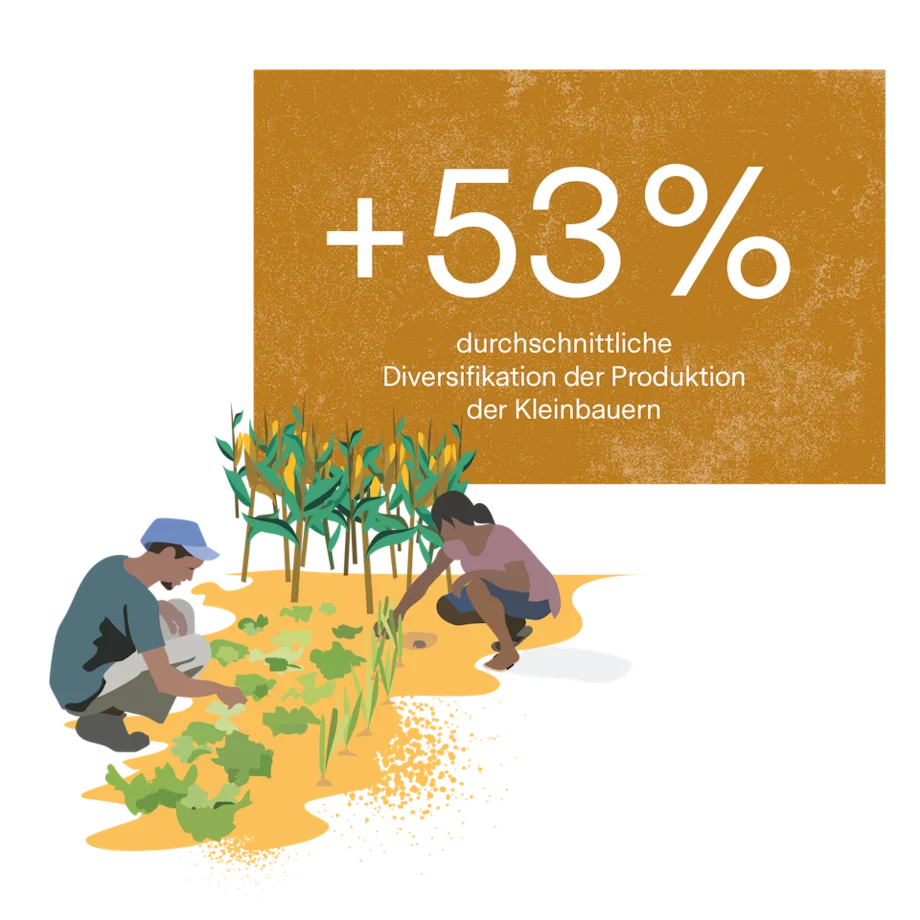Die Wirkung unserer Projekte
So überprüfen wir die Qualität unseres Engagements
Was bewirken unsere Projekte? Diese Frage hat für Vivamos Priorität. Von der Konzeption bis zur Umsetzung unserer Projekte denken wir Wirkungsmessung mit: Indem wir messbare Ziele definieren und deren Erreichung kontinuierlich überprüfen. Dadurch können wir die Qualität unseres Engagements gewährleisten – gegenüber den Menschen, die wir unterstützen, und gegenüber unseren Spenderinnen und Spendern.
Wir setzen zudem auf eine Wirkungsmessung, die wissenschaftlichen Standards entspricht und arbeiten hierfür regelmässig mit unabhängigen Forschungsteams zusammen. So stellen wir fundierte Erkenntnisse zur stetigen Verbesserung unserer Programme sicher. Zwei solcher Wirkungsstudien wurden mit dem Impact Award von der DEZA und dem ETH-Institut NADEL ausgezeichnet.
Dank dieser Studien wissen wir, dass Kinder, die an unseren Programmen zur Vorschulförderung teilnehmen, langfristig besser in der Schule abschneiden und seltener eine Klasse wiederholen. Zudem können wir die positive Wirkung psychosozialer Begleitung auf die mentale Gesundheit und das Einkommen von armutsbetroffenen Jugendlichen belegen.

Wissenschaftler*innen der Universität Lausanne und der Universidad de los Andes in Bogotá haben die Wirkung des Programms Brücken ins Berufsleben untersucht. Die Wirkungsstudie bestätigt, dass sich psychosoziale Begleitung und Youth Empowerment neben der Berufsausbildung positiv auf die mentale Gesundheit von vulnerablen Jugendlichen auswirkt. Sie können besser mit Stress umgehen und leiden weniger unter Depressionen. Zudem verdienen sie markant mehr als Gleichaltrige, die ausschliesslich eine fachliche Berufsausbildung ohne psychosoziale Unterstützung absolvieren. Dass der finanzielle Aufwand für Youth Empowerment auch volkswirtschaftlich lohnend ist, konnte die Wirkungsstudie ebenfalls belegen.
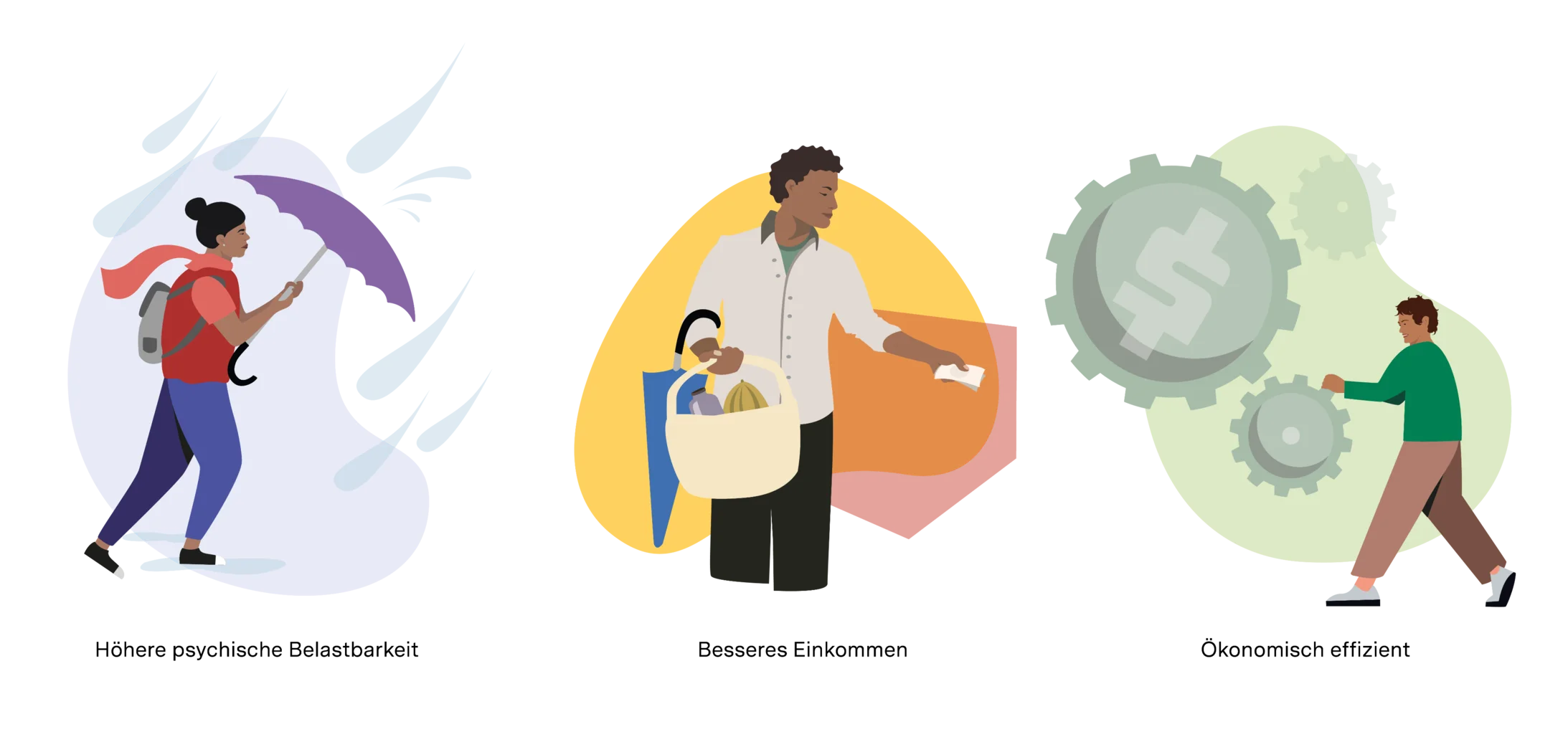
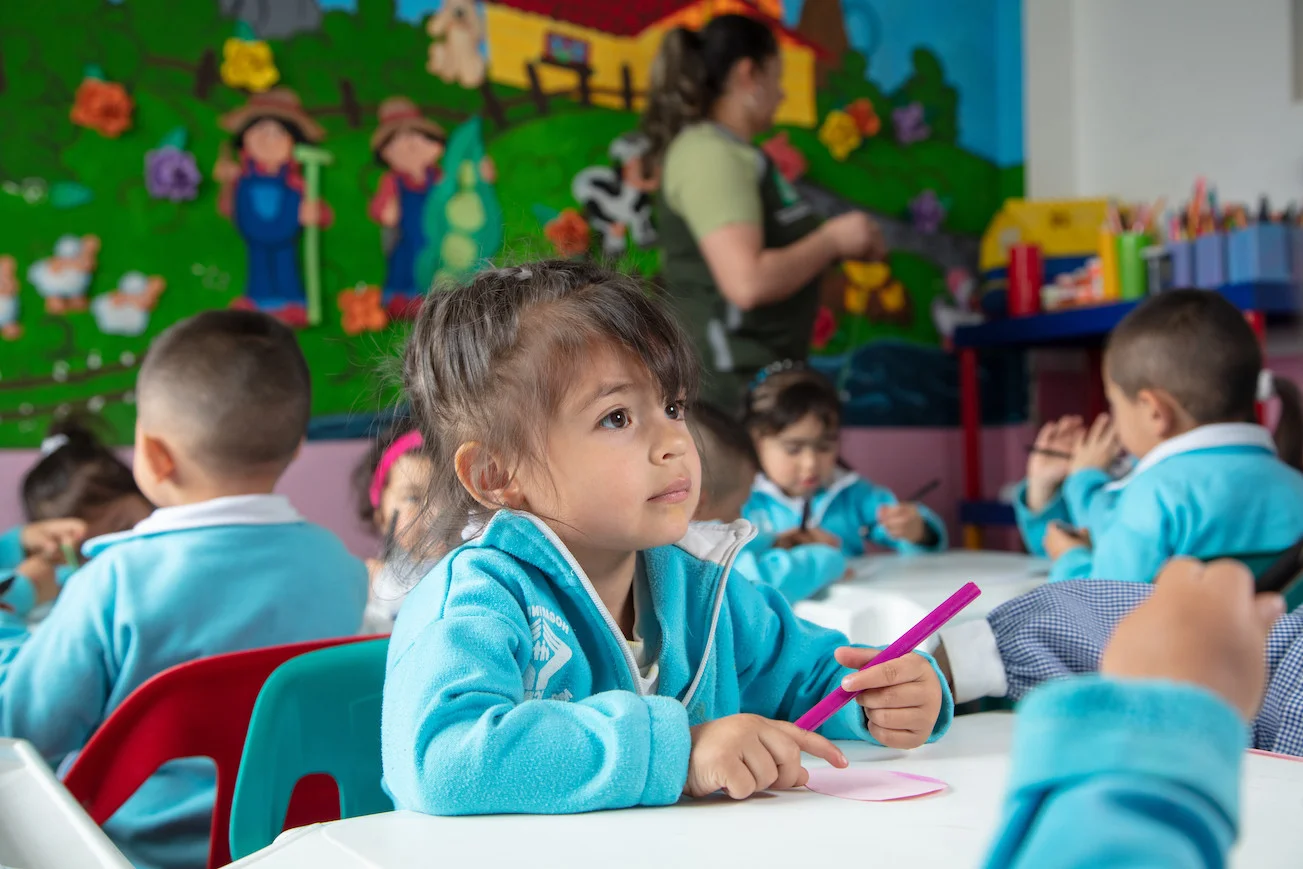
Qualitätsverbesserung von Quartier-Kitas
Wirkungsstudie zur Vorschulförderung in Kolumbien
Die Universität Lausanne führte im Auftrag von Vivamos eine wissenschaftliche Wirkungsstudie durch, um zu erheben, wie wirksam und kosteneffizient die Qualitätsverbesserungen staatlich geführter Quartier-Kitas für Kinder aus sozial schwachen Familien sind. Die Studie kam zum Schluss, dass diese Kinder bereits nach einjähriger Intervention signifikant bessere kognitive, psychosoziale und psychomotorische Fähigkeiten aufweisen als diejenigen der Kontrollgruppe. Die Wirkung war auch viereinhalb Jahre nach Beendigung der Intervention immer noch signifikant messbar.
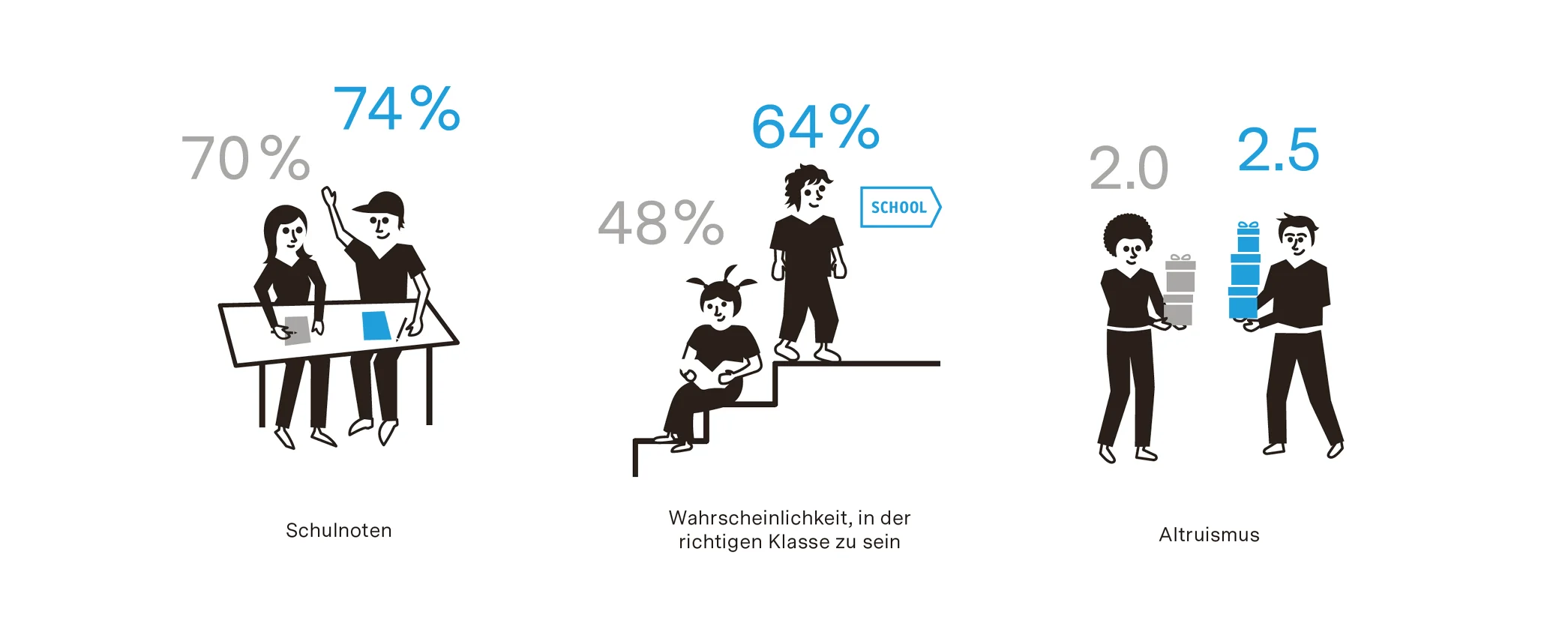

Vivamos verbesserte während 13 Jahren die Wasserverfügbarkeit und die landwirtschaftliche Produktion von Kleinbauernfamilien im Jequintinhonha-Tal im Bundesstaat Minas Gerais. Zudem unterstützten wir den Zugang der Kleinbauern zu Verkaufskanälen und stärkten ihre Selbstorganisation in Marktverbänden. Um die Wirkung unserer Projekte in Brasilien zu beurteilen, werteten wir 2020 die Monitoringdaten über den gesamten Zeitraum aus. Die detaillierten Informationen und Ergebnisse finden Sie in der Brasilien-Systematisierung.

Zwei Mal mit dem Impact Award ausgezeichnet!
Als einziges Hilfswerk durfte Vivamos zwei Mal den Impact Award für innovative Studien zur Wirkungsforschung von der DEZA und dem ETH-Institut NADEL entgegennehmen.
Weitere Studien und Evaluationen
«Die Stiftung Vivamos Mejor handelt sehr wirkungsorientiert und verfügt über ein fundiertes Wissen im Bereich der Wirkungsmessung.»
Joel Reber, Gütesiegelbereich Stiftung ZEWO
Im Video erklärt Deborah Kistler, damalige Doktorandin an der Universität Lausanne, die Ziele, Funktionsweise und Resultate ihrer Wirkungsstudie zu unserem Programm Brücken in die Schule.
